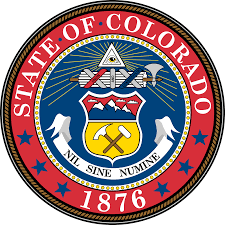Colorado Regulators: Tiny Holes, Faulty Parts to Blame for Failed Inspections

DENVER (AP) — Colorado regulators say tiny holes or faulty parts could be the reason that about 430 oil or gas pipelines failed a leak-detection test after a fatal explosion blamed on gas seeping from a severed line.
The Colorado Oil and Gas Conservation Commission said Thursday the number of pipelines that failed represents 0.35 percent of the lines tested.
Gov. John Hickenlooper also noted the failures are relatively low but said each leak requires attention.
Regulators say the status of another 13,000 pipelines remains unclear, and they’re working with energy companies to get more information.
More than 107,000 pipelines either passed the test or were out of service and sealed.
The state ordered tests on pipelines within 1,000 feet (300 meters) of occupied buildings after the fatal explosion in April.
Related News
Related News

- Kinder Morgan Proposes 290-Mile Gas Pipeline Expansion Spanning Three States
- Valero Plans to Shut California Refinery, Takes $1.1 Billion Hit
- Three Killed, Two Injured in Accident at LNG Construction Site in Texas
- Tallgrass to Build New Permian-to-Rockies Pipeline, Targets 2028 Startup with 2.4 Bcf Capacity
- TC Energy Approves $900 Million Northwoods Pipeline Expansion for U.S. Midwest
- U.S. Pipeline Expansion to Add 99 Bcf/d, Mostly for LNG Export, Report Finds
- Enbridge Adds Turboexpanders at Pipeline Sites to Power Data Centers in Canada, Pennsylvania
- Great Basin Gas Expansion Draws Strong Shipper Demand in Northern Nevada
- Cheniere Seeks FERC Approval to Expand Sabine Pass LNG Facility
- Heath Consultants Exits Locate Business to Expand Methane Leak Detection Portfolio




Comments